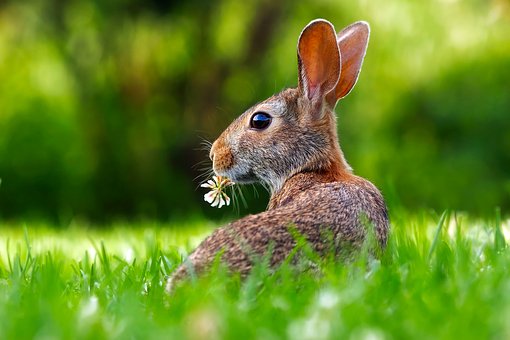Since 2002
Rehabilitating & Releasing CT Wildlife

Barred Owl Rescue in Plainfield, 2023
Our History
Since 2002, Nutmeg Acres Wildlife Rehabilitation has been a home-based, non-profit, organization dedicated to the care and rehabilitation of sick, injured and orphaned wild animals in Connecticut. We hold our permit through the CT Department of Energy and Environmental Protection.
The goal of wildlife rehabilitation is to provide professional care to sick, injured, and orphaned wild animals so they ultimately can be returned to their natural habitat.
Wildlife rehabilitation is not an attempt to turn wild animals into pets. Patients are held only until they are able to live independently in the wild. Fear of humans and domestic animals is a necessary survival skill and every effort is made to minimize human contact and prevent the taming of rehabilitation patients.
It is illegal in Connecticut for the general public to take in, care for and/or treat wildlife.
2023 Animal Intakes
MAMMALS
BIRDS
Reptiles/Amphibians
Our Mission
Nutmeg Acres Wildlife Rehabilitation is committed to fostering an understanding and respect for all Connecticut wildlife, through education and practical assistance with wildlife issues. We strive to provide quality and humane care to injured and orphaned wildlife, with the goal of releasing them back into the wild.
Save a Life
Why Rehabilitation?
Compassion & Human Enrichment
It is very rewarding to know that an animal survived and was able to be released back into the environment because you helped!
Promoting Ecosystem Health
Every species plays a role in its ecosystem that helps the whole ecosystem operate. This includes prey animals such as grey squirrels and predators such as red tail hawks.
Threatened and Endangered Species
Wildlife rehabilitation is especially important for species that are of special concern, threatened or endangered status. Since these animal numbers are declining in the wild, rehabilitation can help to make sure more to survive to release to play their role in the ecosystem.
Responsible Stewardship
Wildlife is everyone’s responsibility and they deserve professional care. Unfortunately the main reason wildlife comes into care is due to human impacts—accidental or purposeful.
Disease Monitoring
Wildlife rehabilitators are often first to notice disease outbreaks since the animals with the disease are brought in for care.

